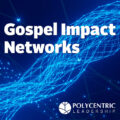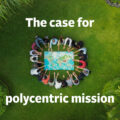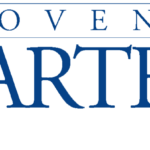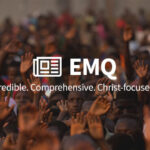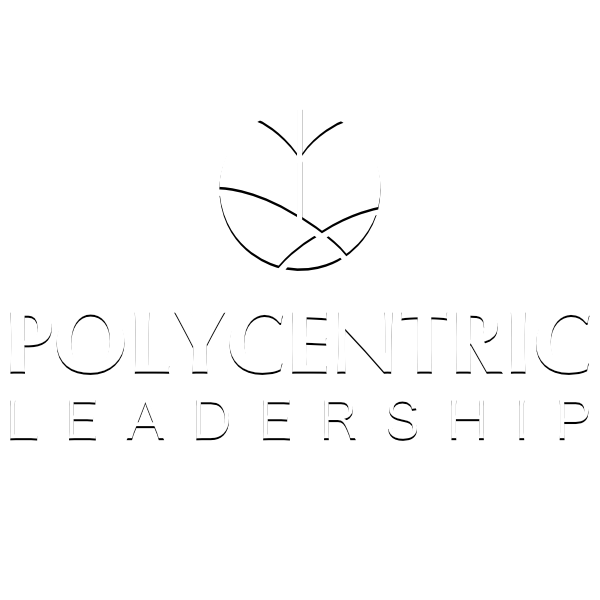GUEST POST BY MICHAEL COOPER
History seems to repeat itself in a continual cycle of recapitulation. While there is a temptation to think of our particular period of history as unique, a student of the past quickly recognizes common characteristics and patterns that appear familiar across time. The study of leadership theory is no less the case as we look to the past to analyze characteristics—whether good or bad—of those who rise to prominence in a society: presidents, politicians, businesspeople, pastors, even oligarchs and dictators.
In a world that often seems out of control to the average person, dictators like Vladimir Putin, narcissists like Donald Trump, nationalists like Narendra Modi, businesspeople like Bernie Madoff and Elizabeth Holmes, and pastors like Mark Driscoll and James MacDonald remind us of the urgency for a leadership emulating Jesus Christ and his disciples. While Jesus certainly set a tone for a style of leadership that was trans-cultural and trans-historical, his followers today continue to struggle with the temptation to succumb to the “four beasts” that consume leaders—ego, envy, avarice, and ambition—whether in church, business, education, or government (Hock 2005).
Leadership theory has been studied for millennia. Harkening back to the days of Hippocrates’ four temperaments (ca. 370 BC) and Suetonius’ The Twelve Caesars (ca. 121 AD) to what have become de facto Christian leadership styles espoused either by Oswald Sanders’ spiritual leadership (1967) or by Robert Greenleaf’s servant leadership (1977), humanity seems to have an insatiable appetite for understanding the ideal leader.
More recent scholarship regarding leadership has included the works of Bernard Bass’ transformational leadership (1990), later applied to Christianity by Leighton Ford (1991 [2003]), and Stephen Covey’s principle centered leadership (1992). Proceeding into the 21st century and building on the work of Greenleaf, Blanchard and Conley guide businesspeople to servant leadership (2022). Additionally, the ubiquitous John Maxwell provides a sundry of laws for leadership whether they are irrefutable (2007), invaluable (2012), or indisputable (2013). Unsatisfied with hierarchical leadership, Ancona and Bresman argue for a flat or distributed structure that is more conducive to innovation and team building (2007).
In the contemporary Christian world, Alan Hirsch’s APEST typology (2006) and his recent leadership intelligence (2017) have focused attention on Ephesians 4:11-15 as a model for Jesus-esque leadership while others, like Newton and Schmucker (2014) and Strauch (2003) concentrate on biblical eldership (2014), while Collins focuses on deacons (2003). Polycentric leadership proposes a solution to domineering styles prevalent in hierarchical structures. Discussed as much in the academy (Handley, 2021) as well as in popular Christian literature (Woodward, 2012; Woodward and White, 2016), polycentric leadership draws from “multiple centers of influence” in a dynamic relationship between stakeholders. Paul David Tripp’s leadership principles from the gospels (2020) leads us to assert that there is no gap in the literature when it comes to the topic.
This chapter will look specifically at a style of organizational leadership initially articulated by the founder of Visa Corporation, Dee Hock (2005). Coining a neologism, Hock simply defines “chaord” as, “any self-organizing, adaptive, nonlinear complex system, whether physical, biological, or social, the behavior of which exhibits characteristics of both order and chaos” (2005, loc 474). The success of an $82 billion company with more than 20,000 employees who are united on a mission to be “everywhere you want to be” might cause us to consider chaord for a church movement on God’s mission to be taken everywhere you want to go. Then, we will consider the application of chaord in relationship to God’s mission in the world through the sending of the ekklesia.
Finally, it will be apparent that a chaordic organization expresses both the chaos of spiritually gifted people empowered for works of service as well as the order of God’s mission to unite all things in Christ (Col 1:20). As such, a leadership most favorable to empowering God’s people towards God’s mission must be comfortable in both chaos and order. In this manner, leadership becomes movemental in nature and, as Hirsch notes, “…maintaining a movement ethos is one sure antidote to the dangers of increasing institutionalism” (2016:141). First, however, we’ll begin by laying out the problem in contemporary Christian leadership.
Michael Cooper
Missiologist
_________________________
 Michael T. Cooper, Ph.D. currently serves as an executive for a missions agency, training national leaders in evangelism, discipleship, leadership development, and church planting. He is the former president and CEO of an international NGO. In 2010, he founded a Business as Mission initiative that focused on helping alleviate spiritual and economic poverty in the developing world. For a decade he equipped undergraduate and graduate students at Trinity International University with skills to engage culture. He has thirty years of ministry and missions experience, ten years as a pioneer church planter in Romania after the fall of communism. He has helped equip Christian leaders in Africa, Europe, North America, South America, South Asia, and Southeast Asia. He holds a MA in Missions from Columbia International University and a PhD in Intercultural Studies from Trinity Evangelical Divinity School. Throughout his career, Michael has focused on creative ways to engage difficult-to-reach people with the gospel.
Michael T. Cooper, Ph.D. currently serves as an executive for a missions agency, training national leaders in evangelism, discipleship, leadership development, and church planting. He is the former president and CEO of an international NGO. In 2010, he founded a Business as Mission initiative that focused on helping alleviate spiritual and economic poverty in the developing world. For a decade he equipped undergraduate and graduate students at Trinity International University with skills to engage culture. He has thirty years of ministry and missions experience, ten years as a pioneer church planter in Romania after the fall of communism. He has helped equip Christian leaders in Africa, Europe, North America, South America, South Asia, and Southeast Asia. He holds a MA in Missions from Columbia International University and a PhD in Intercultural Studies from Trinity Evangelical Divinity School. Throughout his career, Michael has focused on creative ways to engage difficult-to-reach people with the gospel.
More Information
This excerpt was originally published on Ephesiology and reposted here with permission: https://ephesiology.com/blog-post/movement-leadership/
- Chaordic is a term combining of the words “Chaos” and “Order”, coined by former Visa CEO Dee Hock. Hock wanted have a word to describe an organisation that harmoniously combines elements of both, without letting either dominate. (Source: https://chaordic.io/blog/what-is-in-a-name/)





